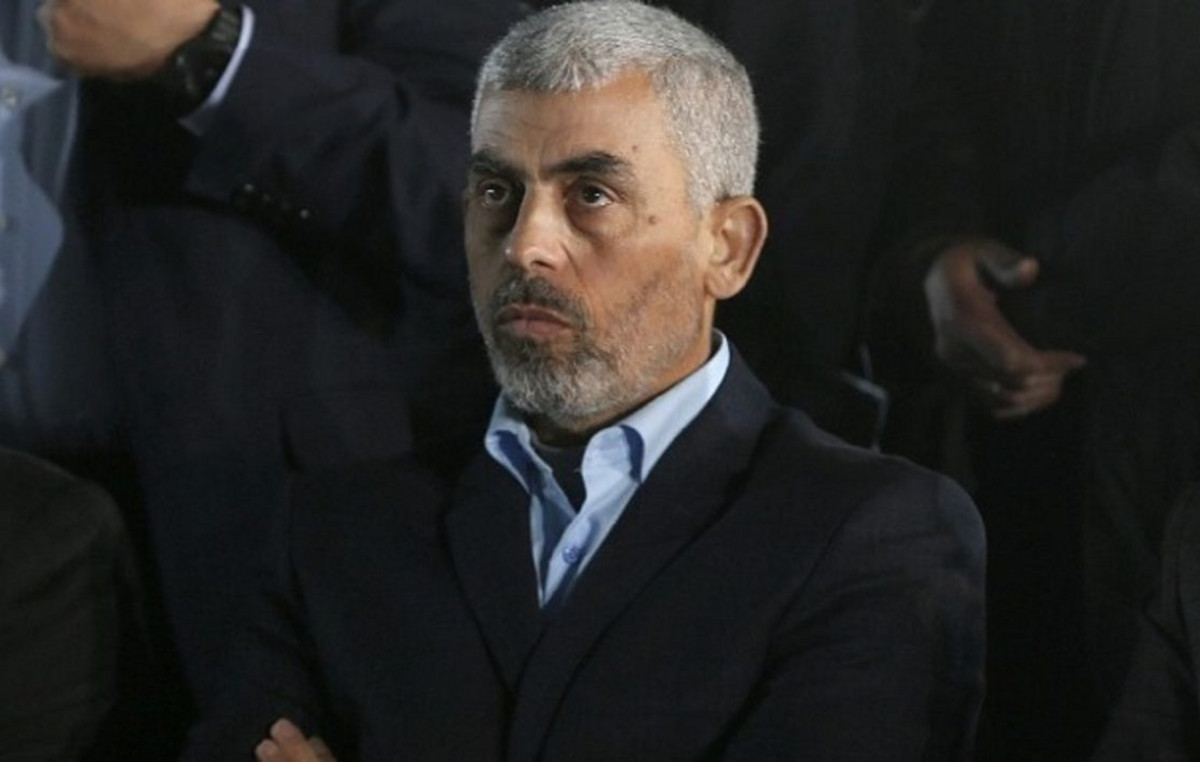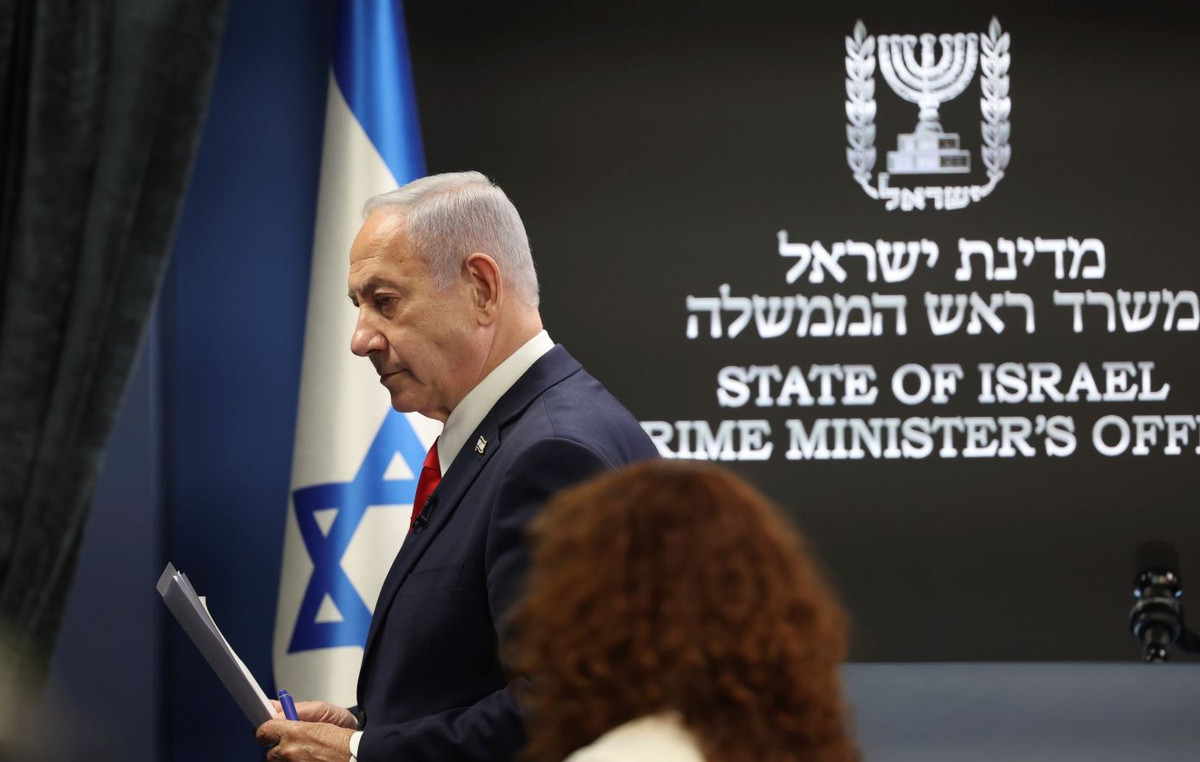Inflation in Brazil should decline less than initially forecast for 2022. The analysis by the Institute of Applied Economic Research (Ipea) highlights that this scenario is explained, in particular, by the continuous rise in prices of food and industrial goods.
In the survey released this Tuesday (22), the entity points out that the two groups will be the main responsible for the less intense deceleration of the rate throughout the year, since the values of these items should continue to rise.
The last assessment of the Broad Consumer Price Index (IPCA), made in January, recorded a high of 0.54% last month. These data, measured by the Brazilian Institute of Geography and Statistics (IBGE), serve as a reference for price increases and changes in the average cost of Brazilian families.
In the 12-month period, the indicator already has a variation of 10.38%. In 2021, the country ended the year with an inflation of 10.06%.
“In January, inflation measured by the IPCA returned to a negative surprise, generating a new acceleration of inflation”, highlights the IPEA study.
Added to these factors, the institute’s projections also indicate a new acceleration in oil prices and a deficit in companies in the electrical sector.
This situation may signal a significant increase in energy tariffs and fuel prices paid by consumers. In this way, the disinflation process will be even more limited.
Another important aspect for the unfavorable performance of the rate in 2022 is related to time.
“Similarly, the worsening of weather conditions, caused by the occurrence of the La Niña phenomenon at the beginning of the 2021-2022 crop, is already causing damage to some important crops, such as soybeans, first-crop corn and rice”, explains the research.
The analysis does not even rule out the influence that the Brazilian economy may suffer in the face of international geopolitics. “The worsening tensions between Russia and Ukraine could lead to a sharper rise in commodities, especially oil and gas,” says the foundation.
“Internally, uncertainties regarding fiscal policy, which may intensify due to the discussions inherent to the electoral process, may have negative impacts on the exchange rate”, concludes the document.
* Under supervision of Fabiana Lima
Source: CNN Brasil
I am Sophia william, author of World Stock Market. I have a degree in journalism from the University of Missouri and I have worked as a reporter for several news websites. I have a passion for writing and informing people about the latest news and events happening in the world. I strive to be accurate and unbiased in my reporting, and I hope to provide readers with valuable information that they can use to make informed decisions.







